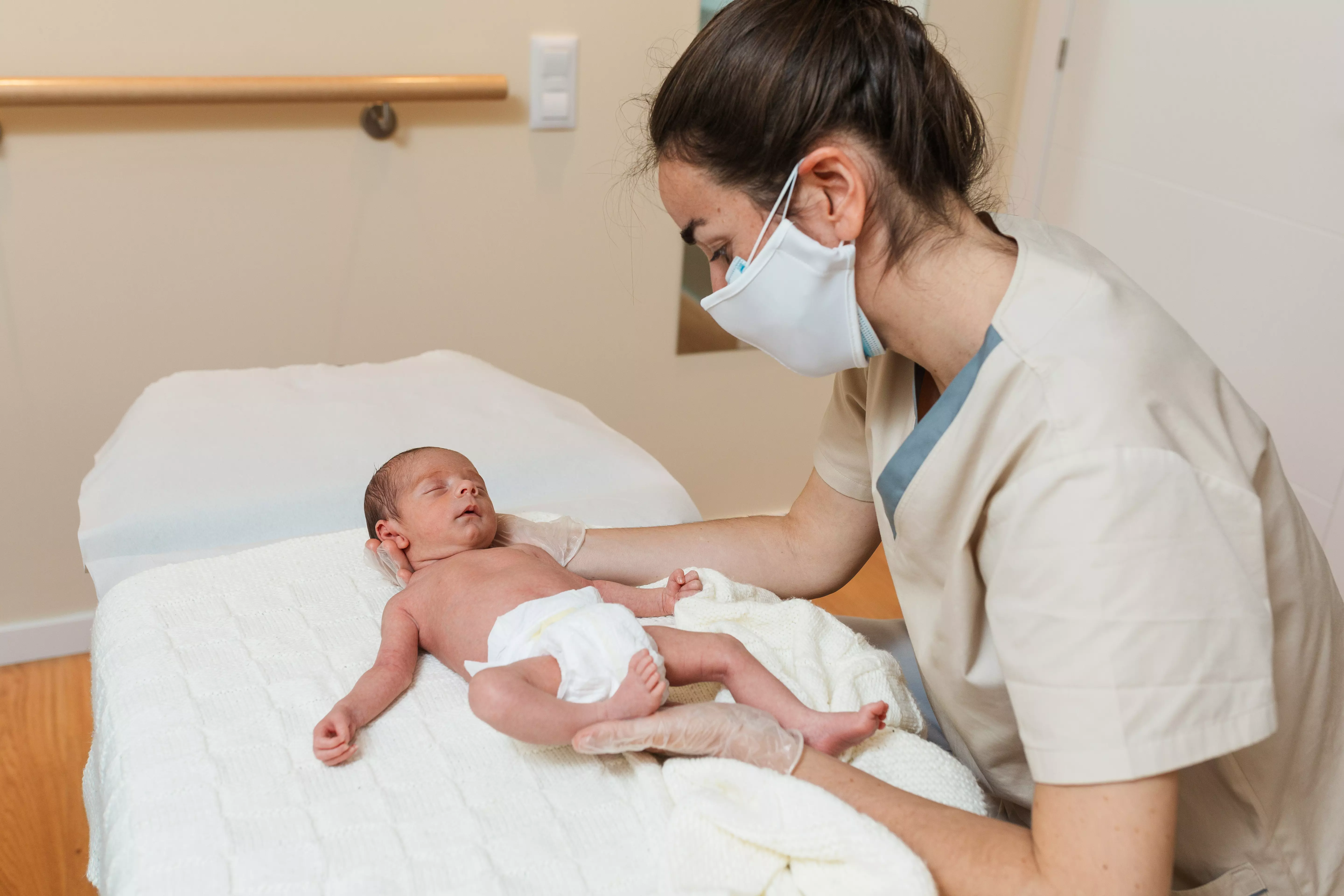The latest research and discoveries in neonatal medicine: A step forward
The development of science is crucial to advances in medicine, and neonatal medicine is no exception. The latest research and discoveries in this field are helping to improve neonatal care. In this article, we will take a look at some important research and discoveries in recent years.
Discovery 1: Human milk and brain development
One of the most important discoveries in recent years is evidence that human milk has a positive effect on the brain development of premature infants. A study conducted at the University of Brazil showed that premature infants fed breast milk had better brain development compared to those fed cow's milk.
Discovery 2: A new approach to the diagnosis of sepsis
Sepsis is a condition that can have serious consequences for newborns, especially premature infants. A study published in the Journal of the American Medical Association showed that a new approach to diagnosis, based on biomarkers, can help diagnose sepsis in newborns more quickly and accurately.

Study 1: Long-term effects of the ventilator
One recent study addresses the long-term effects of ventilator use in premature infants. It found that despite the potential risks, the benefits of ventilator use outweigh the negative effects, especially in very small premature infants.
Study 2: The impact of the environment on the development of premature infants
A Stanford University study analyzed the effects of the hospital environment on the development of premature infants. The results suggest that even small changes, such as reducing noise, can have a positive effect on brain development and growth in newborns.
Conclusions
The latest research and discoveries in neonatal medicine are helping to improve standards of care and treatment for newborns. As a result, doctors and nurses are able to provide better care for the most vulnerable patients. These advances are crucial to the future of neonatal medicine and offer hope for even better outcomes in neonatal care.

Add comment